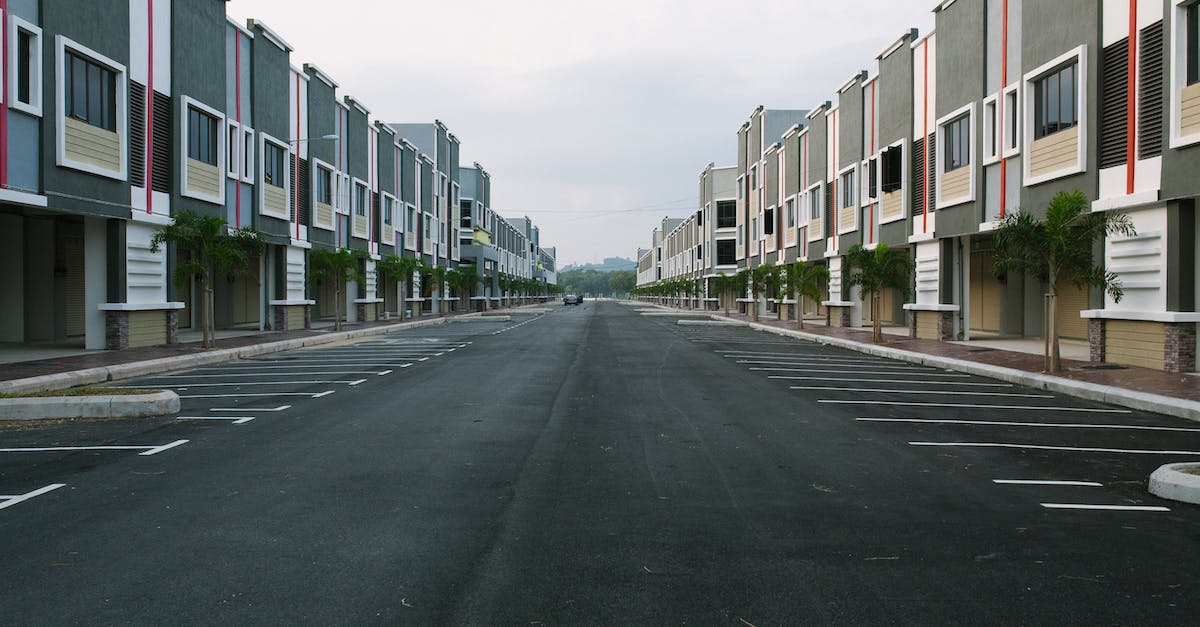Last Updated on October 24, 2023 by Neil Sharma
According to Statistics Canada’s New Housing Price Index for February, Vancouver tumbled backwards.
Year-over-year, prices fell 0.6% in Canada’s third-largest city, while Toronto fell considerably harder, down 1%. Montreal, however, rose 2.4%.
“Vancouver saw a massive run up in prices and they brought in some significant change,” said Chris Slightham, president of Royal LePage Signature Realty. “With the foreign buyer tax and vacant property tax, the B.C.’s provincial government has tried to make some changes to make housing more accessible in their marketplace and I guess you could say it’s slowed down further investment, but I don’t know if it’s the desired effect.”
In particular, the slew of regulatory changes brought in by the government to curb rapid price escalation in Vancouver’s housing market has created slower construction cycles, and Slightham says that comes with its own set of problems.
“There will be less building, and with no new product coming in you end up constricting your supply,” he said. “But this story hasn’t finished; ultimately, people will become comfortable with the changes that have been made—and that will take time because we’re all human—but activity will restart and we’ll find a new level where people start buying houses again.”
Toronto might be down between February 2018 and 2019, however, the city’s market fundamentals are so strong—especially compared to Vancouver—that Slightham believes it’s headed for greener pastures, and soon.
“In my mind, with 156,000 people in 2018 moved into the Toronto CMA, there’s just not enough housing being delivered to accommodate that at this stage. If that’s the case, Economics 101 dictates supply and demand comes right into effect. If we continue on that pace and we’re continually behind on housing availability and that compounds on itself.”
Moreover, Slightham noted that in recent months talk about interest rate hikes has dissipated—there’s even casual discussion about rates decreasing, although he doesn’t believe that’s as likely—and that has renewed activity in the Toronto marketplace.
“We’re coming to that point where if you buy something that requires debt and you’re hearing rate increases are coming, that makes you pause,” he said. “That caused things to slow down a bit.”
London has also benefitted from a strong Toronto market as prices increased 3.4% between February 2018 and February 2019.
“There’s the spinoff of Toronto,” said Slightham. “Toronto is growing and the regional cities will enjoy some of that growth. Companies and people are looking for more affordable accommodations and they will start moving further and further out of Toronto, and it’s having an effect on all those markets around there, like London.”
Montreal’s 2.4% year-over-year increase in February can partly be attributed to Vancouver and Toronto’s foreign buyer taxes.
“Montreal is growing to a certain degree as well,” he said. “There has been some recent business investment there and job growth. There hasn’t been as much growth as in Toronto, though.”
Neil Sharma is the Editor-In-Chief of Canadian Real Estate Wealth and Real Estate Professional. As a journalist, he has covered Canada’s housing market for the Toronto Star, Toronto Sun, National Post, and other publications, specializing in everything from market trends to mortgage and investment advice. He can be reached at neil@crewmedia.ca.









